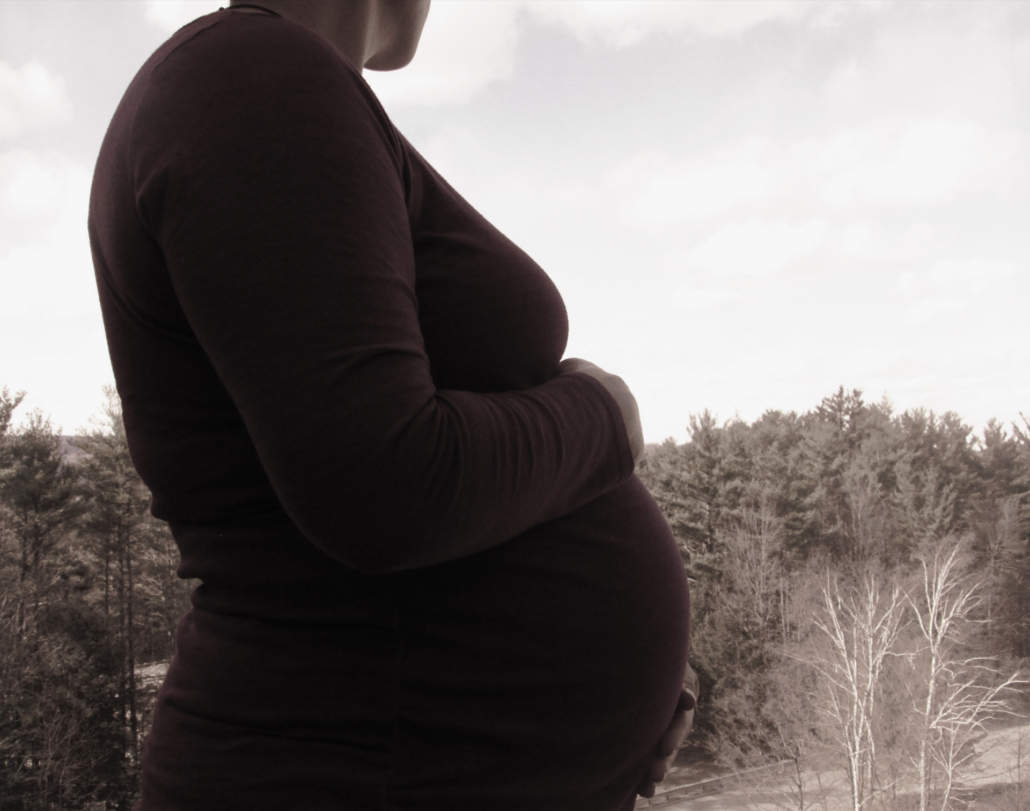
Preventing virus infections in newborns
Scientists from Belgium and the US have found a way to prevent the devasting consequences of herpes infections for newborn babies.
Despite existing antivirals, systemic HSV can lead to permanent central nervous system damage such as encephalitis or even death. In Science Translational Medicine Chaya Patel and colleagues from University of Brussels and Harvard Medical School in Boston report that they have discovered that immunity against the herpes simplex virus (HSV) can pass from mother to newborns.
Most neonatal HSV cases are associated with primary maternal infection, consistent with the hypothesis that maternal immunity is protective. In maternal and cord blood samples from 24 pairs of mothers and newborns, the research team found HSV-specific neutralizing antibodies in newborns of immune mothers, indicating that placentally transferred HSV-specific antibody is protective. Patel et al. examined human samples and used a pregnant mouse model to determine whether maternal immunity could protect against neonatal HSV infection.
The scientists observed that either immunizing pregnant mice against HSV with a vaccine candidate (currently in a Phase 1 trial) or administering anti-HSV antibodies protected the newborn mice from viral infection and prevented death or long-term behavioral abnormalities.
Using a murine model, they firstly showed that passive administration of HSV-specific antibody to dams prevented disseminated infection and mortality in pups. When they vaccinated the mothers with an HSV-2 replication-defective vaccine candidate, dl5-29 (Acambis/Sanofi-Pasteur), they found HSV-specific antibodies into neonatal circulation that protected against nHSV neurological disease and death.
Furthermore, they observed considerable anxiety-like behavior in adult mice that had been infected with low doses of HSV as neonates, despite a notable lack of signs of infection. This phenotype suggests that neonatal HSV infection can have an unsuspected and permanent impact on behavior. These behavioral sequelae of neonatal HSV were prevented by maternal immunization with dl5-29, demonstrating an unexpected benefit of immunization



 adobe.stock.com - ipopba
adobe.stock.com - ipopba BioDlink
BioDlink